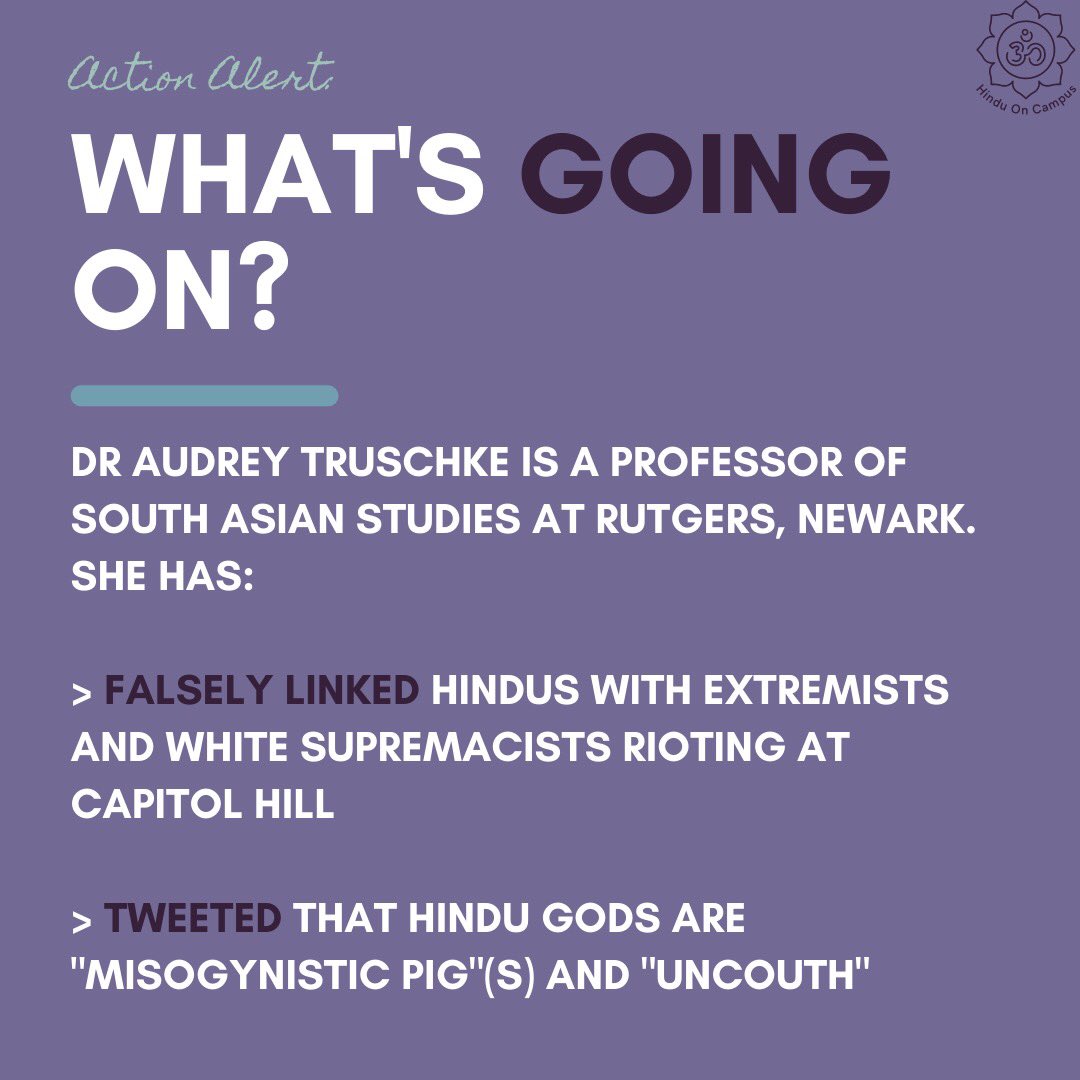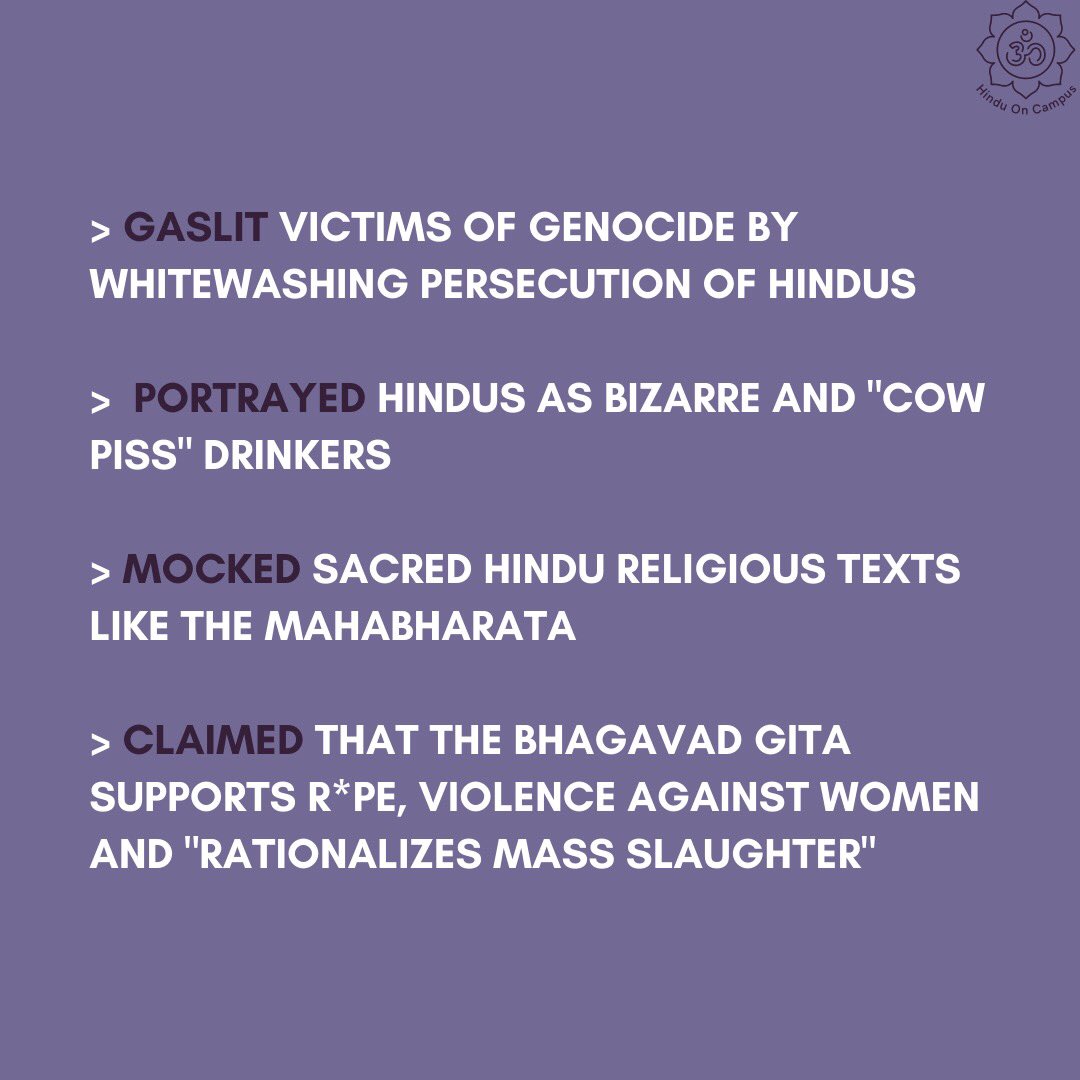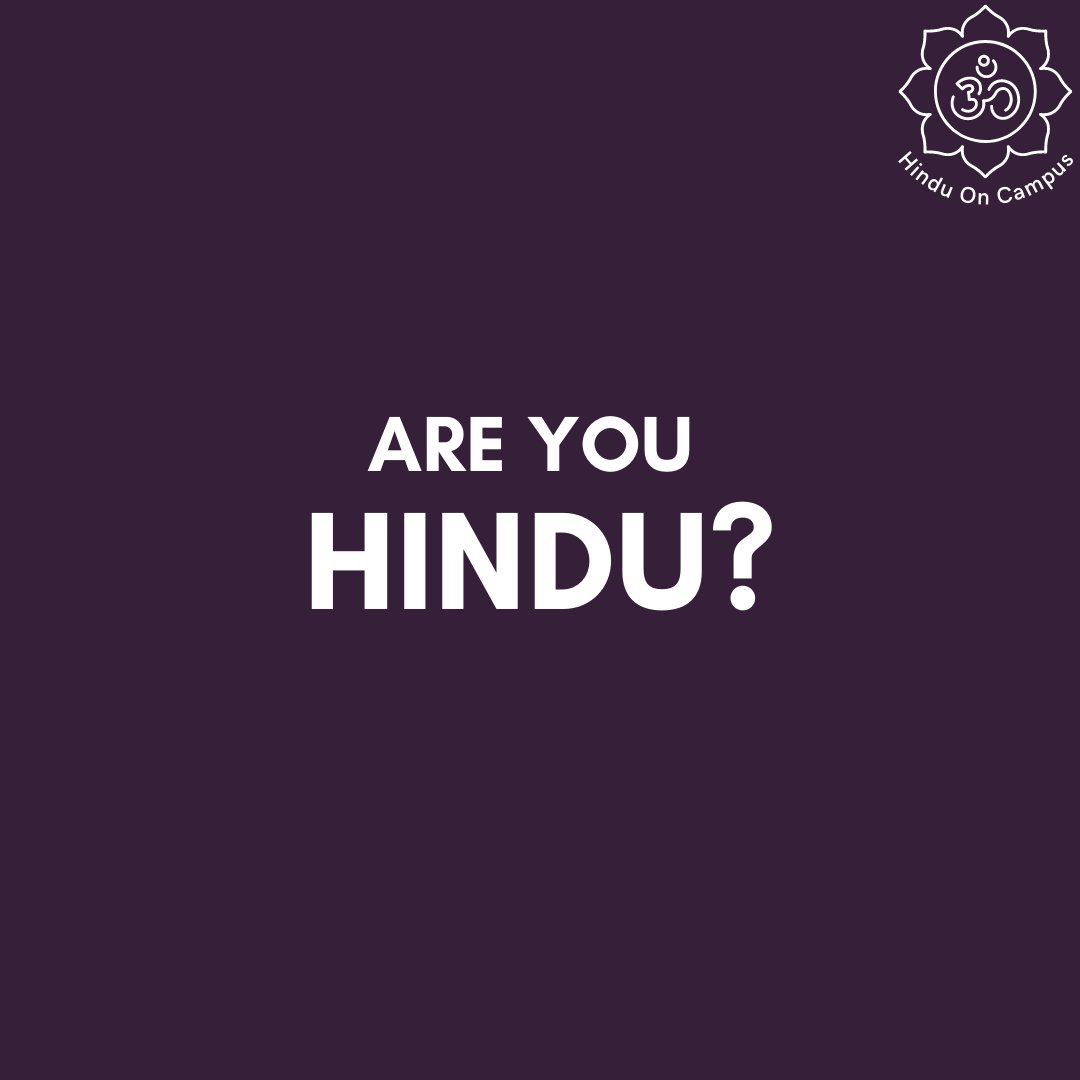
There are several misconceptions about the bindi and its significance, which prevents many young Hindus from wearing it. @theamericanhindu has an excellent post which sums it up very well: 

A bindi is traditionally worn by Hindus at the place of the Ajna Chakra, the inner eye. The term bindi comes from the Sanskrit term bindu, meaning drop/particle. it is also referred to as kumkum, bottu, indoor, tikli, etc. The area between the eyes in the ajna chakra (third eye).
This area is the seat of wisdom and wearing a bindi blocks negative energy from entering the body
Be sure to follow other pages for Bindi awareness and wear yours with pride! @missionbindi
• • •
Missing some Tweet in this thread? You can try to
force a refresh






















